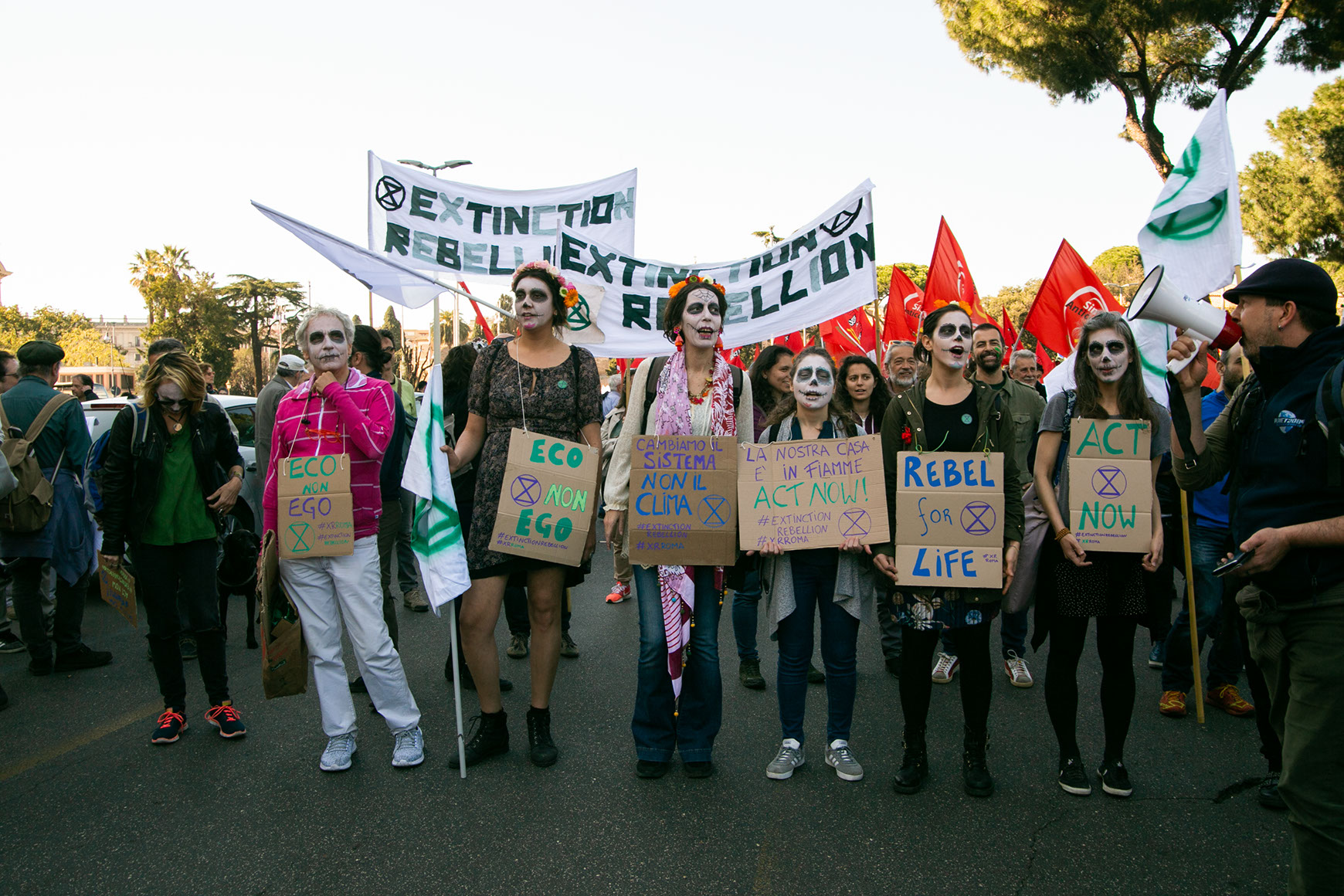Apr 8, 2020
Environmental rights are health rights
By Suzana Carp
Yesterday was International Health Day. Never has this phrase sounded louder in our eardrums than in 2020, as we are currently in the middle of a global pandemic, in which 78313 have been claimed by the corona virus and its associated COVID19 illness (number to date). This is 5.75% of the total number of cases reported (1,362,201 currently) and we have seen that the effects on individuals vary tremendously based on different factors, such as the existence of underlying conditions, age, on exposure to pollution and on lifestyle.
The absence of a clear treatment and a vaccine to this illness and respectively virus, the numbers we are looking at are numbers which talk about the resilience of individuals. However, this resilience is affected by local conditions (health systems, density, ability to self-isolate, etc.), broader amplifiers (environmental and societal conditions which can be labeled as threats in the context of a health crisis, including poverty related diseases) and multipliers (transmitability rate, extreme weather events forcing population responses, mobility etc.).
Climate change and environmental degradation both emerge from this situation as affecting resilience across all the three categories. In a 2020 report by the World Economic Forum, we see that the risk profile for the next 10 years assesses infectious diseases as one of the top 10 risks in terms of impact, but really all the other climate and environmental risks bigger in impact because of their multiplying effect on the other ones.
Less than a year ago the TIME magazine called climate change a public health issue because it is a “threat multiplier”. The same article goes to further quote the US Fourth National Climate Assessment, published in 2018, by a collaboration among 13 U.S. scientific agencies, which highlighted that “higher temperatures, severe weather events and rising seas can contribute to heat-related cardiopulmonary illness, infectious disease and mental-health issues”.
Looking at this article from September 2019 through the lens of the corona virus pandemic, we understand that any environmental factor which amplifies cardiopulmonary illness can be seen as an amplifier of COVID19 and therefore one of the factors lowering the resilience of individuals in the face of this crisis.
Secondly, in Europe, the climate policy think tank Sandbag , together with the BeyondCoal campaign published a report called “The Last Gasp” brought to attention the number of pre-mature deaths caused from air pollution from the coal plants. The companies looked at caused a modeled 7,600 premature deaths, 3,320 new cases of chronic bronchitis and 137,000 asthma symptom days in children in 2016. According to this study, entitled “The Last Gasp Report”, this lead to an estimated 5,820 hospital admissions and over two million lost working days already in 2016.
If we add the number of asthma caused/year across the EU countries and look at the resilience issue, we see that in fact by not protecting the EU citizens from the air pollution from these plants, Governments have in fact endangered their own and each other’s populations to shocks such as the Covid19 respiratory illness.
This spells out even more of a reason for European solidarity in the response, the pre-conditions in some of the individuals may have been caused by pollution in another Member State of the European Union.
However, this also spells the need for the right to a clean environment to be a fundamental part of a new health-centered approach to the global socio-economic model. In the EU, we could start by including an environmental dimension to EU citizenship as introduced by the Treaties, guaranteeing our right to a healthy environment (both the environment and EU citizenship are EU competences). More on this idea can be found in a concept note on this topic by the ECIT Foundation.
Environmental rights are in fact, health rights tied to human rights, through the Right to Life. On International Health Day, I would like to stress the need for the creation of a health based reinterpretation of the Human Rights framework, in which the rights to clean air and to clean water are recognised alongside the Right to Life. This new Human Rights charter would have to further link the right to social life is seen as a right to resilient social services enabling it, not shutting it down when in collapse due to bad planning, and where communities get recognition as a place for the cultural and societal expression of the individual’s mental health needs.
Currently around the world the discrepancies in access to these are massive. In reality, we don’t all enjoy the same human right to life. We need a framework where the right to social life is seen as a right to access social services and where communities get recognition as a place for the cultural and societal expression of the individual.
And as the world gasps for breath in between the news cycles announcing more deaths and health systems collapsing unable to cope with the challenge, an ironic look at the state of the planet tells us that the Earth has long been fighting off a fever, coughing from the smog, struggling to breathe as its lungs (the Amazon and forests all across the world) have been cut down by uncompromising corporate and political forces.
Surely but slowly, we will emerge from the current coronavirus pandemic with a very different view of the social and environmental needs of resilient public services, resilient individuals and resilient communities. And within that new form of conceptualising the world, climate change and environmental degradation will have to both be considered as the public health crises that they are. The underlying premise will have to be that in order to strengthen resilience for the future, environmental rights will have to be treated human rights and form the core premise of in a new approach to health centered socio-economic thinking.
